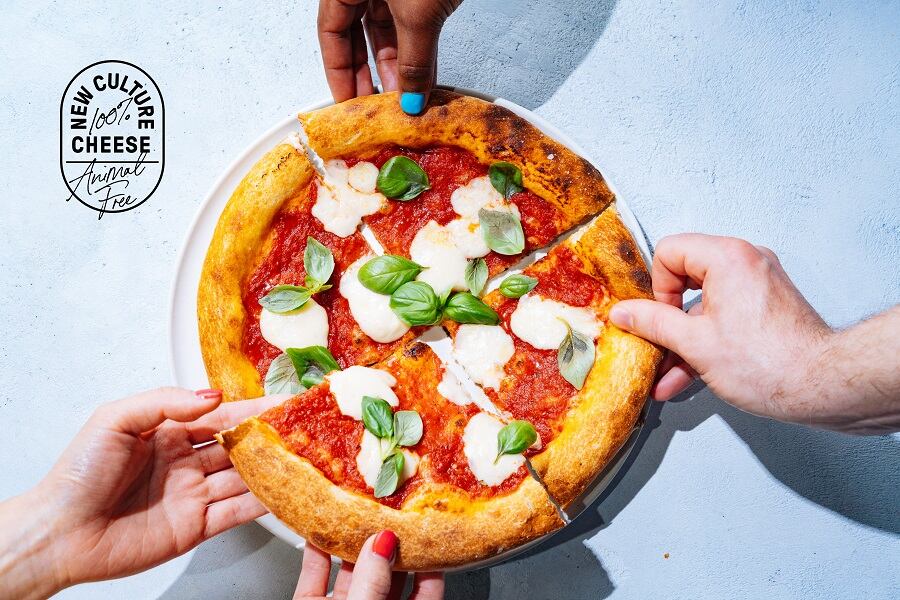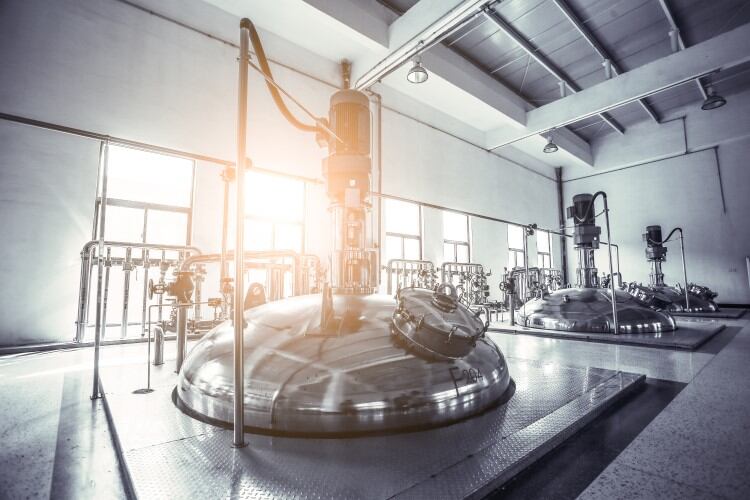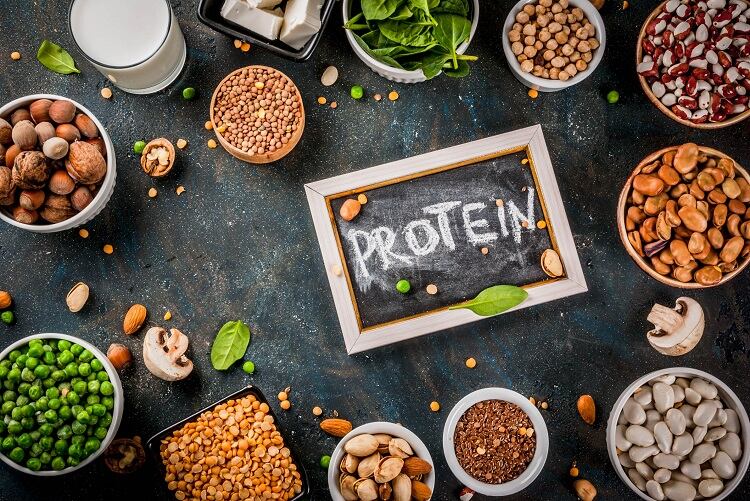With self-determined GRAS status, “there will be animal-free casein-based cheese available for purchase” through foodservice first, Gibson said.
New Culture has partnered with chef Nancy Silverton’s Pizzeria Mozza in Los Angeles to feature its animal-free mozzarella on menus in 2024, which should create demand beyond pizzerias and into other restaurants, Gibson said.
He cited the US as the largest consumer of mozzarella, which provided a strong case to focus first on mozzarella, with plans to expand into other cheese varieties.
“The fact that you can cook it at any temperature—[from] 800 degree wood fired ovens to conventional home ovens—that’s really important to foodservice owners and operators,” he said.
Retail plans will require a different strategy than foodservice, Gibson said, including consumer education on allergens on label. Since the animal-free casein is bioidentical to dairy casein, individuals with dairy allergies are unable to consume it. However, he notes that New Culture has an advantage in retail by providing a “really clean ingredient label” and contains almost the same nutritional benefits as conventional dairy cheese, and even more nutritional content over plant-based cheese.
New Culture will seek 'no questions' letter from FDA
Gibson added that New Culture is the first company to self-determine GRAS for casein, emphasizing that “casein is the only molecule that really provides the dairy cheese experience that we all know and love.”
Other companies have self-determined the GRAS status of animal-free whey, which can be used to create milk, cream cheese and yogurt. Among them are Imagindairy, which received a letter of no objection from the FDA earlier this year for GRAS status for its dairy protein made through precision, Perfect Day, which also received a letter of no objections from FDA in March 2020 and Remilk, which self-determined the GRAS status of its beta-lactoglobulin in mid-2022.
While New Culture’s GRAS determination will fulfill most companies’ safety requirements, the company will also pursue a “no questions” letter issued by the FDA to add “an extra green light from the federal government,” which will be important when supplying for international customers, like pizza chains, he said.
“We’re really the only company that has been able to produce it at scale and get this … [determination] and will be the first in the market because of that. So that’s all from our proprietary work on the microbe itself on our process … meaning how we grow the microbe in the fermentation tank, how we purify the protein after you’ve grown the microbes and they’ve produced a bunch of your casein. It’s actually a little proprietary on the cheese itself to be able to recreate an amazing animal-free, dairy mozzarella starting with our casein,” Gibson elaborated.
Future plans to expand offerings
For dairy-free consumers, New Culture’s mozzarella will be an opportunity to “improve the sustainability of your diet,” and “opens up a huge product category for the industry,” since the cheese does not contain trace hormones, antibiotics, cholesterol and lactose and produced sustainably, Gibson said.
New Culture eventually plans to explore other cheese varieties since “they’re all products within our GRAS [determination],” and “we don’t need to resubmit for allergies,” Gibson added.
Because the casein is produced via precision fermentation, which is more expensive than conventional dairy production, New Culture’s cheese will be sold at a premium when it first hits the market, with plans on reaching cost parity with dairy eventually.
“Given we are really advanced with some of the most important technical KPIs that drive cost reduction, we will be competitive with mainstream dairy mozzarella within a few years on the market,” Gibson noted.




